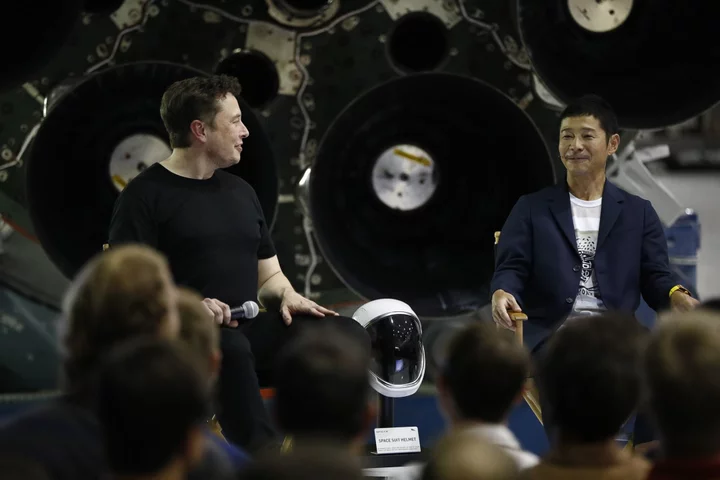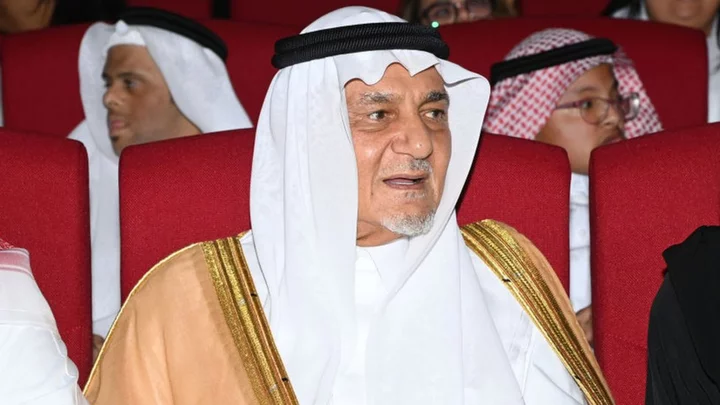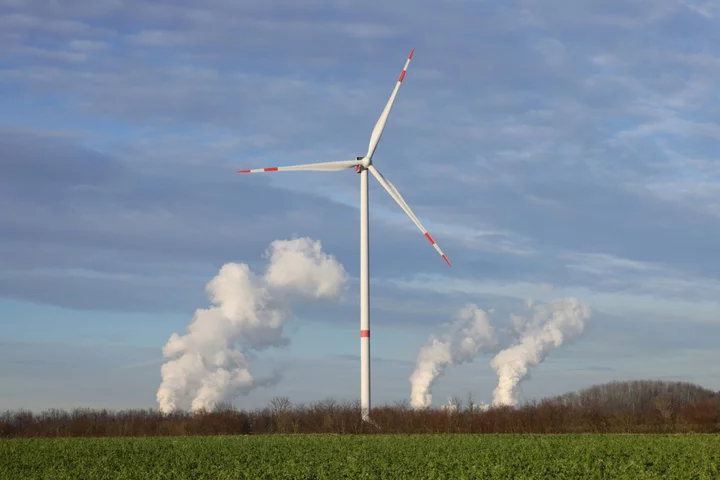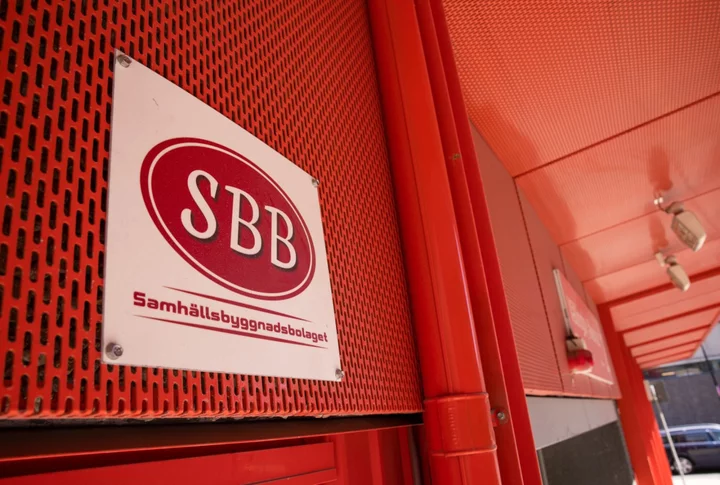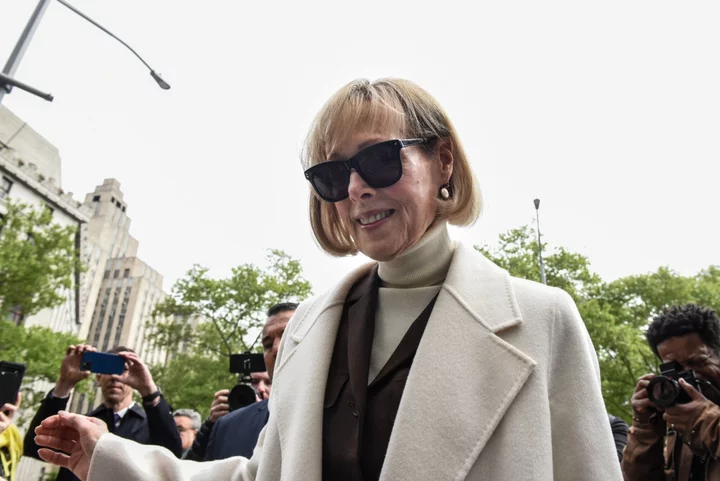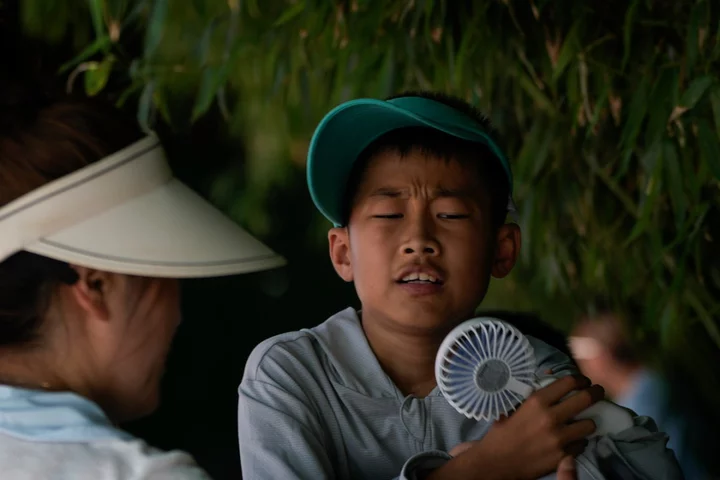As Elon Musk prepares to test his Starship rocket for the first time since an April takeoff ended in flames, the Japanese billionaire tapped to lead its debut passenger flight is looking at other space companies.
Yusaku Maezawa, founder of online clothing retailer Zozo Inc., hoped to travel around the moon this year aboard Starship with a hand-picked group of singers, painters and other pop-culture artists.
Selected by Musk in 2018 for the Starship flight, Maezawa has conceded that the party will have to wait.
“We were planning for our lunar orbital mission ‘dearMoon’ to take place in 2023, but seems like it will take a little longer,” the billionaire posted on X, the Musk-owned platform formerly known as Twitter, on Nov. 9.
He didn’t provide information about a new launch date.
Space Exploration Technologies Corp. aims to launch a second test Starship flight — with no people on board — as early as this week, if it can receive approval from US regulators.
Read More: Moon Exploration Shifts Gears, But No One Can Agree on the Rules
The delay may give Maezawa, who traveled to the International Space Station aboard a Russian rocket in 2021, more time to focus on other space goals, including cleaning up junk in orbit and creating a virtual Earth with satellite data.
In February, Maezawa invested $23 million in Astroscale Holdings Inc., a Japanese startup tackling problems posed by old rocket parts, dead satellites and other man-made debris orbiting Earth.
Investors participating in a fundraising round worth more than $76 million included Mitsubishi Corp., Mitsubishi Electric and Development Bank of Japan.
“I want to protect the future of space travel, so I’ve decided to contribute to Astroscale’s mission to reduce orbital debris,” he said in a statement at the time of the investment.
While technical problems delay Maezawa’s Starship lunar mission, his space-junk partners are hoping for better luck with a launch by one of Musk’s top rivals, Rocket Lab USA Inc.
Read More: Apple’s Biggest Supplier Goes to Outer Space With New Satellites
Astroscale last month shipped a debris-inspection satellite to Rocket Lab’s launch complex in New Zealand, moving closer to what it calls the world’s first debris inspection mission.
The two companies scheduled the launch to take place before the end of the year on one of Rocket Lab’s Electron rockets, but launches were suspended after a failure in September.
Rocket Lab expects to resume Electron flights as early as Nov. 28, the company announced last week.
In August 2022, Maezawa also invested an undisclosed amount in Space Data Co., a Tokyo-based startup that wants to take data collected from satellites and develop artificial intelligence “that reproduces the Earth in virtual space.”

